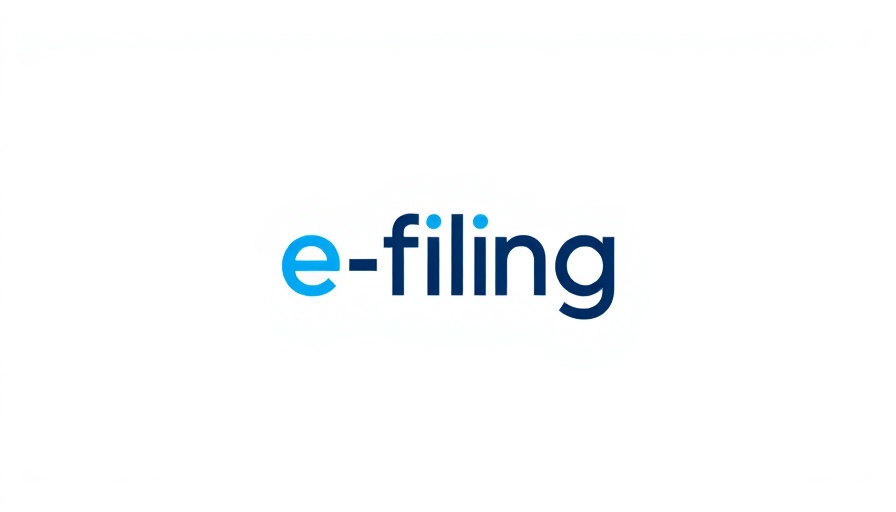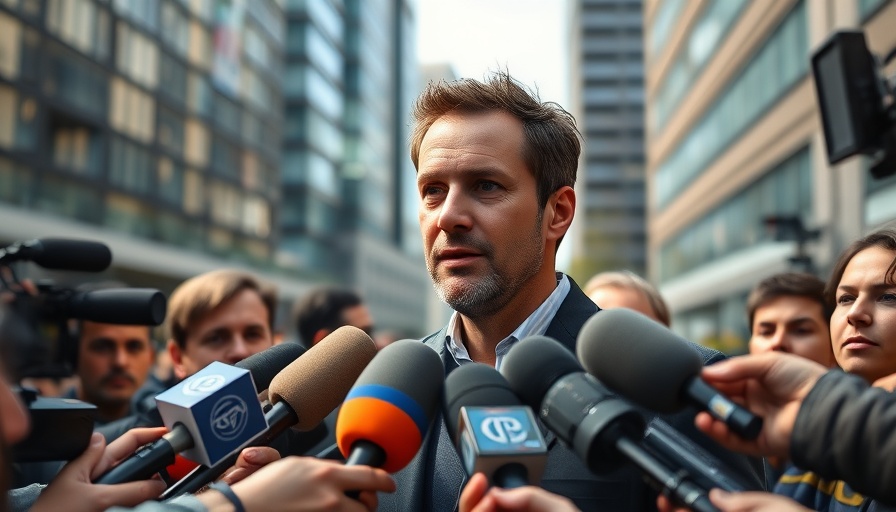
High Fees and Unsustainable Practices: A Crisis in Broadcasting
The Independent Communications Authority of South Africa (ICASA) recently hosted a public hearing that unearthed a grave issue that is slowly crushing South African broadcasters: unsustainably high tariffs imposed by Sentech, the country’s signal distributor. Many broadcasters, including the South African Broadcasting Corporation (SABC), voiced their frustrations during the hearings, asserting that the tariffs are not only exorbitant but profoundly detrimental to their financial health.
Lungile Binza, COO of SABC, revealed that the public broadcaster is struggling under the weight of approximately R20 million in monthly fees, primarily attributed to Sentech. This fee structure has placed SABC in a predicament where operational costs are surpassed only by employee salaries, even overtaking content creation costs, which should ideally be the core focus of any broadcasting entity. The problem extends beyond mere operational challenges; it speaks to a burgeoning crisis where transparency in tariff settings is critically needed.
Challenges of Market Regulation: A Continued Struggle
As ICASA aims to salvage broadcasting through draft Signal Distribution Services Regulations, the feedback from broadcasters underscores a pressing need for reform. Without transparency in how these tariffs are structured, many fear a monopolistic environment that stifles competition and innovation. Critics argue that the lack of a regulatory framework allows Sentech to dictate terms that might favor its interest over the sustainability of local broadcasters.
Existential Threat to Medium Wave Broadcasting
Furthermore, during the hearings, significant concern arose regarding Sentech's plans to phase out medium wave and AM licenses. Representatives from Primedia and Radio Pulpit expressed that this move poses an existential threat not only to their operations but could further isolate communities that rely on these broadcasting services. This transition not only limits options for listeners but ultimately risks breaking the bond that allows for diverse voices to be heard across the country.
Economic Implications: The Bigger Picture
Examining the broader economic landscape, the challenges faced by these broadcasters are emblematic of larger issues within South African politics. As the nation grapples with various crises—from the ongoing struggles with load shedding caused by the Eskom crisis to escalating unemployment rates—the failure of state-owned enterprises like Sentech to foster a supportive environment for broadcasters only exacerbates these problems. It casts a dark shadow over efforts aimed at economic recovery and social welfare, as media plays a vital role in informing citizens and sustaining democratic engagement.
A Call for Accountability and Action
With the upcoming national elections, it is crucial for stakeholders to hold the government accountable, particularly concerning policies affecting public service delivery. As public entities face increasing pressures from rising operational costs and a shrinking financial base, demands for policy reforms are more pressing than ever. The call for transparent and reasonable tariffs from Sentech is merely a part of a larger narrative about the state’s role in consumer protection and market fairness.
Future Directions: Policy Changes Are Imperative
In order to reinvigorate public broadcasting, decisive steps must be taken to reassess the policies guiding Sentech’s pricing strategies. Policymakers need to consider the implications of monopolistic practices and ensure that broadcasters are not at the mercy of exorbitant fees. Recommendations include implementing a regulatory framework that aligns tariffs with financial sustainability and actively includes broadcasters in the tariff determination process. Transparency in operations will not only aid broadcasters but ultimately enrich the landscape of media diversity in South Africa.
Without these reforms, the future of broadcasting remains precarious. As stakeholders engage in this essential dialogue, it impacts all South Africans who rely on media as a conduit for information, education, and entertainment. This issue is one that South African citizens must keep at the forefront of their minds as they approach the polls and demand better from their leaders.
 Add Row
Add Row  Add
Add 




Write A Comment